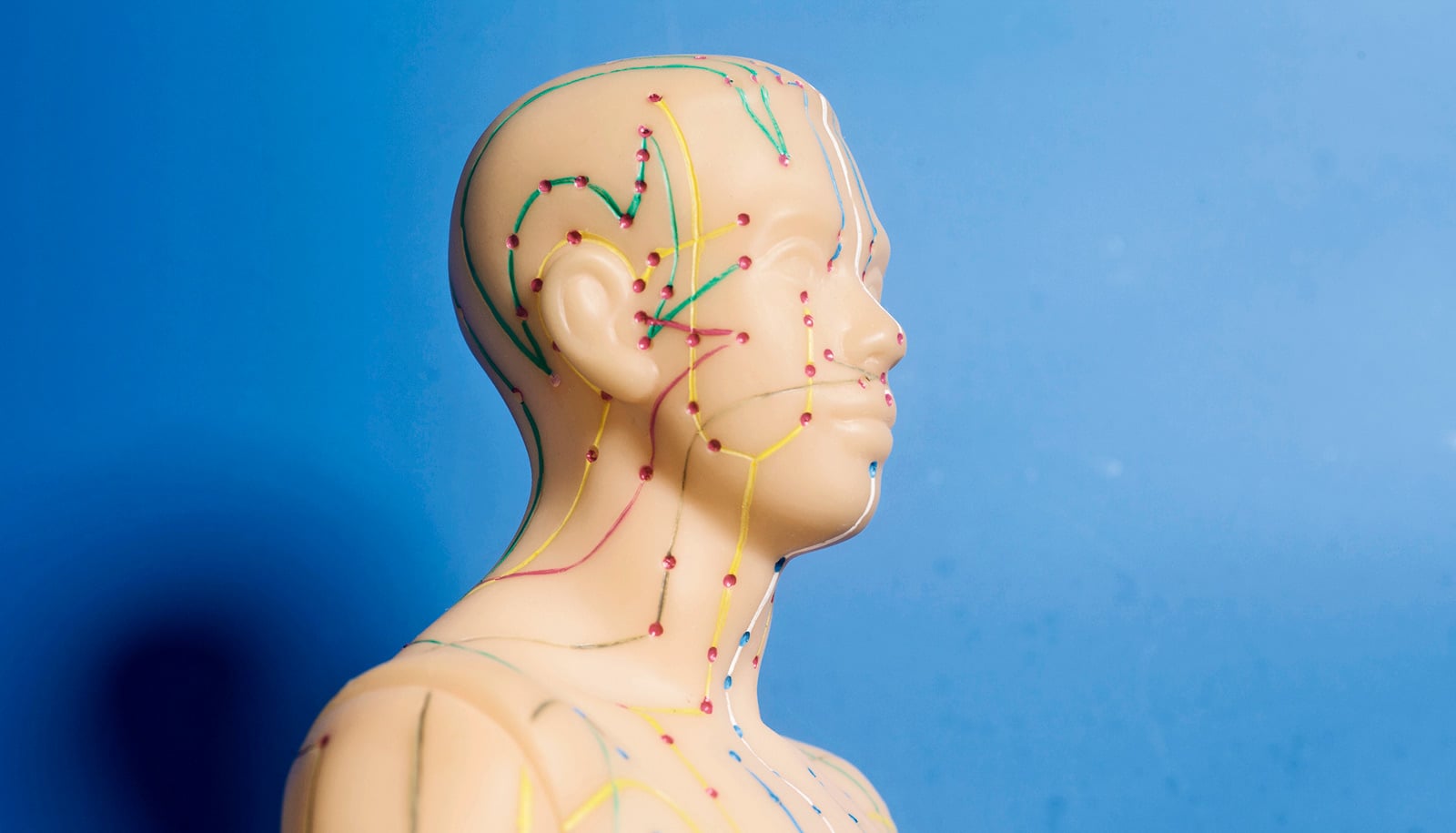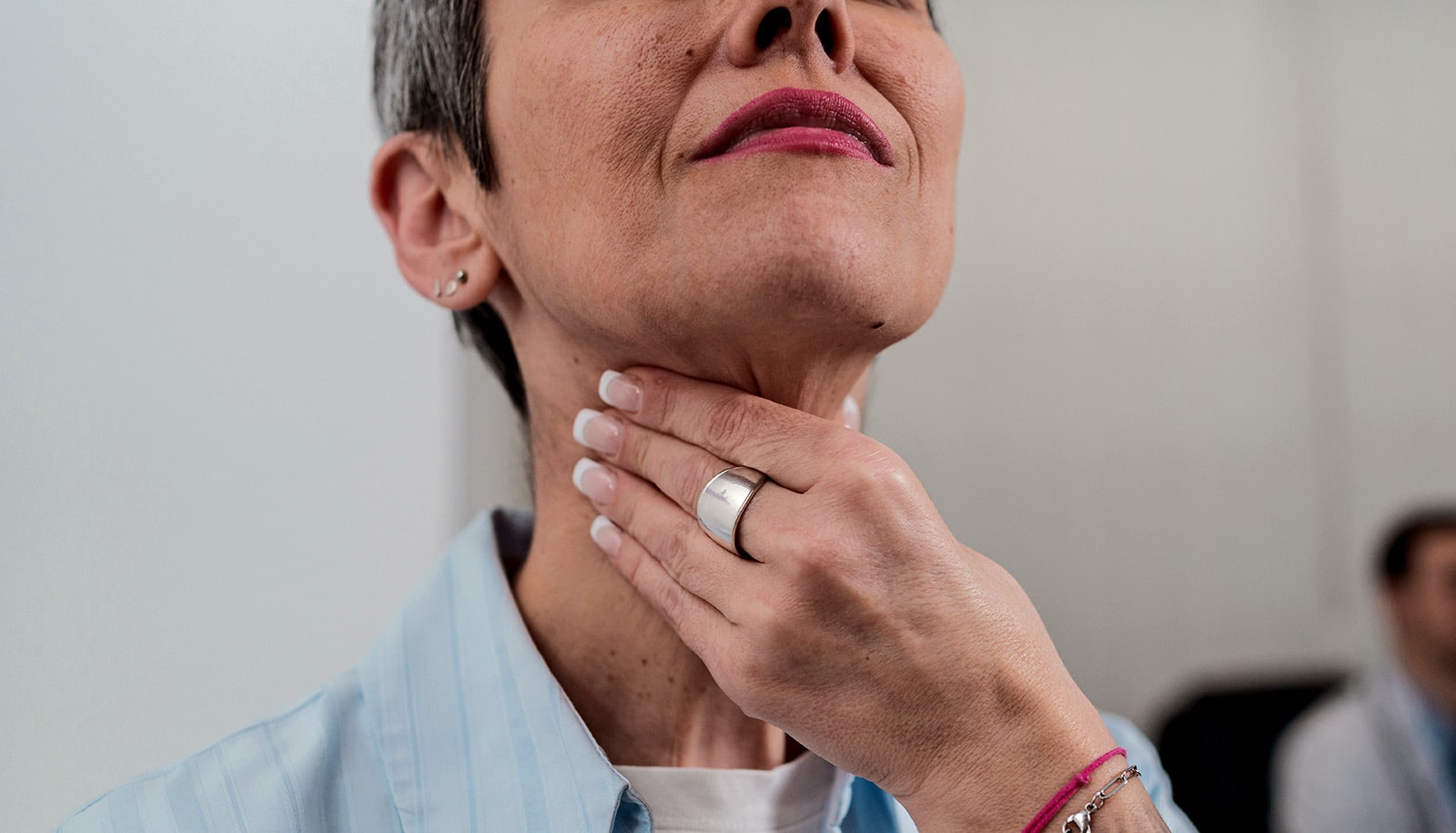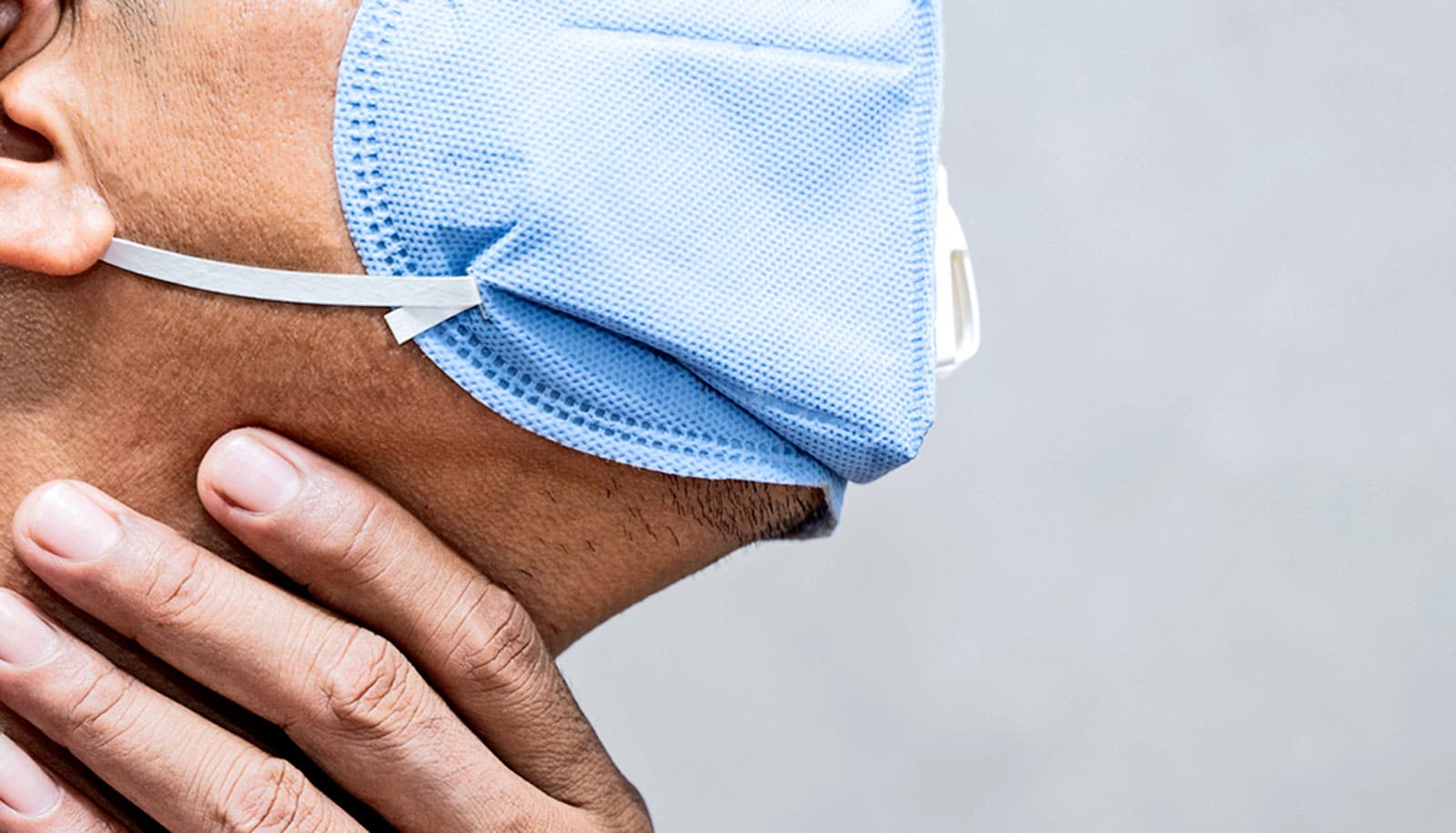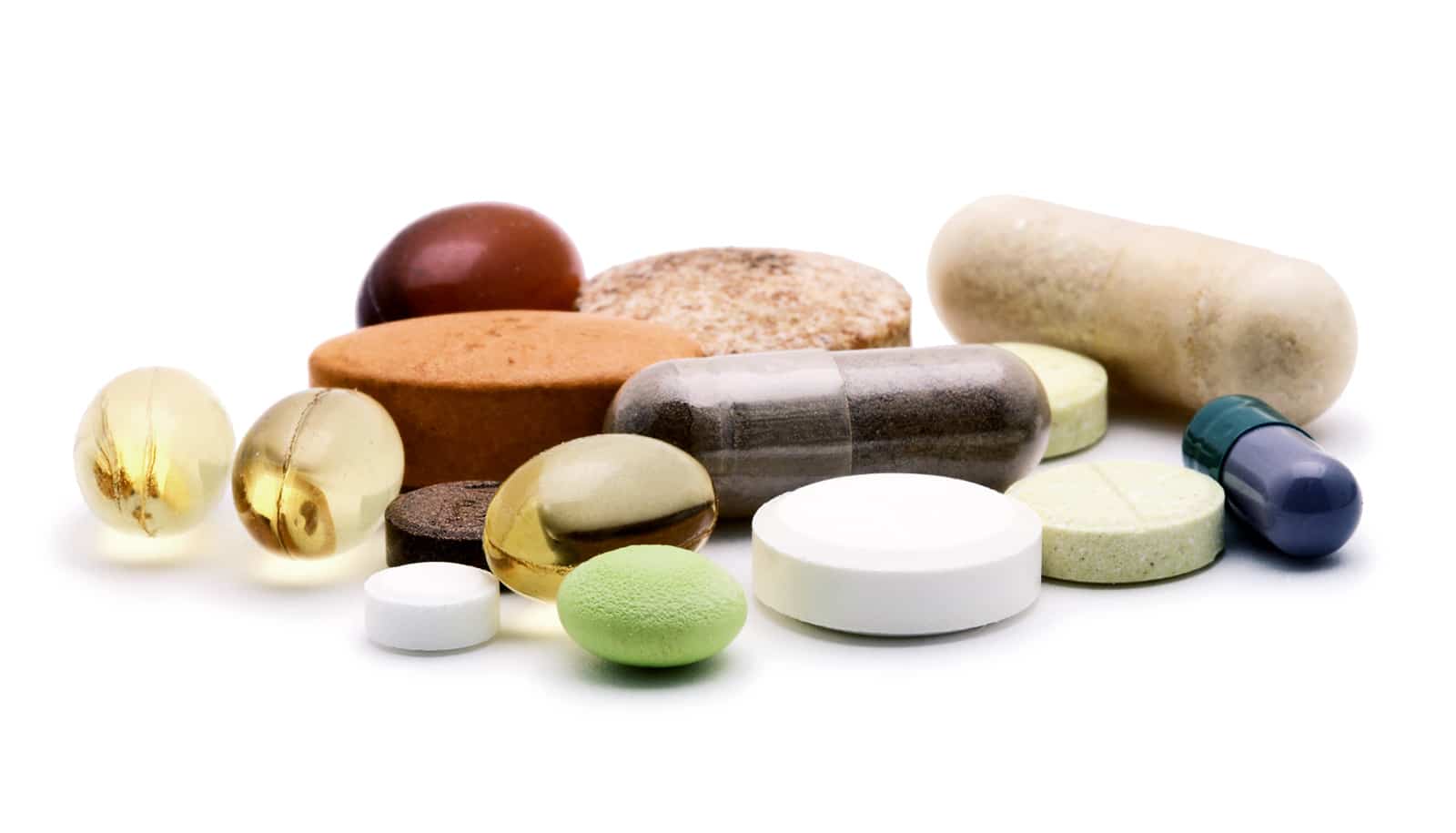New research suggests that acupuncture may help patients suffering from certain esophageal disorders that make swallowing difficult.
“There is just so much about acupuncture and Chinese medicine that we do not understand…”
During his fellowship training in Hong Kong, Marco Patti, recalls seeing an operation performed not under general anesthesia, but using acupuncture. The effect he says was similar; the patient was clearly in no discomfort. It blew Patti away. More than two decades later, he’s still thinking about it.
“There is just so much about acupuncture and Chinese medicine that we do not understand,” says Patti, now a professor of surgery at the University of North Carolina School of Medicine and surgical co-director of the Center for Esophageal Diseases and Swallowing.
Patti is working now to understand how acupuncture may bring some relief to patients with esophageal disorders. Preliminary results of research conducted by Patti show that acupuncture was effective in decreasing the resting pressure of the lower esophageal sphincter. The study involved 16 volunteer subjects.
The next step will be expanding the study to include patients suffering from esophageal motility disorders. These patients typically experience difficulty swallowing and regurgitation of ingested food. In the most common esophageal motility disorder—achalasia—the lower esophageal sphincter does not open fully, causing difficulty swallowing.
Achalasia is typically treated with surgery. It can also be treated through quarterly botox injections, but those must be delivered with an endoscope and often cause scarring. Patti is hopeful acupuncture could be an alternative.
“The surgical procedures we do are fairly invasive, so our patients would really like an alternative like acupuncture that causes no pain.” Patti says.
Acupuncture doesn’t help women with PCOS get pregnant
Preliminary results are encouraging, and Patti says the next step will be conducting larger studies which will examine the efficacy in patients and the durability—how often acupuncture would need to be administered to achieve and maintain the desired effect.
“I am encouraged by what we have found and look forward to continuing the process,” he says. “This is all about finding solutions for our patients. If we can show that acupuncture is effective, it will be another tool we could use to help patients.”
The paper appears in the Journal of Gastrointestinal Surgery. Additional researchers contributing to the work are from the Federal University of Sao Paulo.
Source: UNC-Chapel Hill



